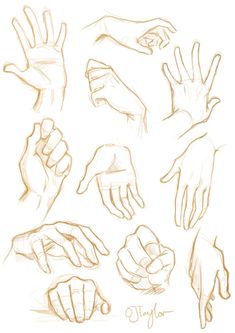3 Ways to React During an Earthquake

Earthquakes are sudden and unpredictable natural disasters that can cause significant damage and devastating loss of life. It is crucial to be aware of the best ways to react during an earthquake, as staying calm and knowing the right steps to take can save your life. Here are three ways to react during an earthquake.
1. Drop, Cover, and Hold On
The first and most vital step to take during an earthquake is to immediately drop down onto your hands and knees. This position will help stabilize you, preventing you from falling or being thrown off balance due to the shaking ground.
Next, cover your head and neck with your arms, while seeking shelter under a sturdy piece of furniture like a table or a desk. If there’s no furniture nearby, find an interior corner away from windows or glass that could shatter.
Lastly, hold on to the shelter you’ve found to ensure it does not slide away from you during the shaking. Maintain this position until the shaking stops and be prepared for potential aftershocks.
2. Stay Indoors
It is best to remain inside a building during an earthquake, as stepping outside could expose you to falling debris or unstable structures. Avoid elevators, as they may stop working during an earthquake or suffer from structural damages.
If you’re indoors when an earthquake strikes, move away from windows and heavy furniture that could topple over. Stay in the same room if possible, unless there’s an apparent danger like fire or gas leaks in which case evacuate cautiously through predetermined safe routes.
3. Protect Yourself Outdoors
In some cases, you might be caught outdoors when an earthquake strikes. If that happens, try to find an open area without tall buildings, trees, streetlights, or other potential hazards that could collapse during the shaking.
Once you’ve reached a safe spot in open space, drop down onto your knees in a somewhat crouched position, cover your head and neck with your arms, and wait for the shaking to cease. Be cautious when moving after the earthquake and be aware of potential hazards, such as downed power lines and damaged buildings.
In conclusion, reacting promptly and effectively during an earthquake can help minimize injury and save lives. Remember to drop, cover, and hold on when indoors, stay away from windows, elevators, and unstable furniture, and if you are outdoors, find an open space away from hazards. By learning how to properly react during an earthquake, you can significantly improve your chances of survival in these terrifying natural disasters.






